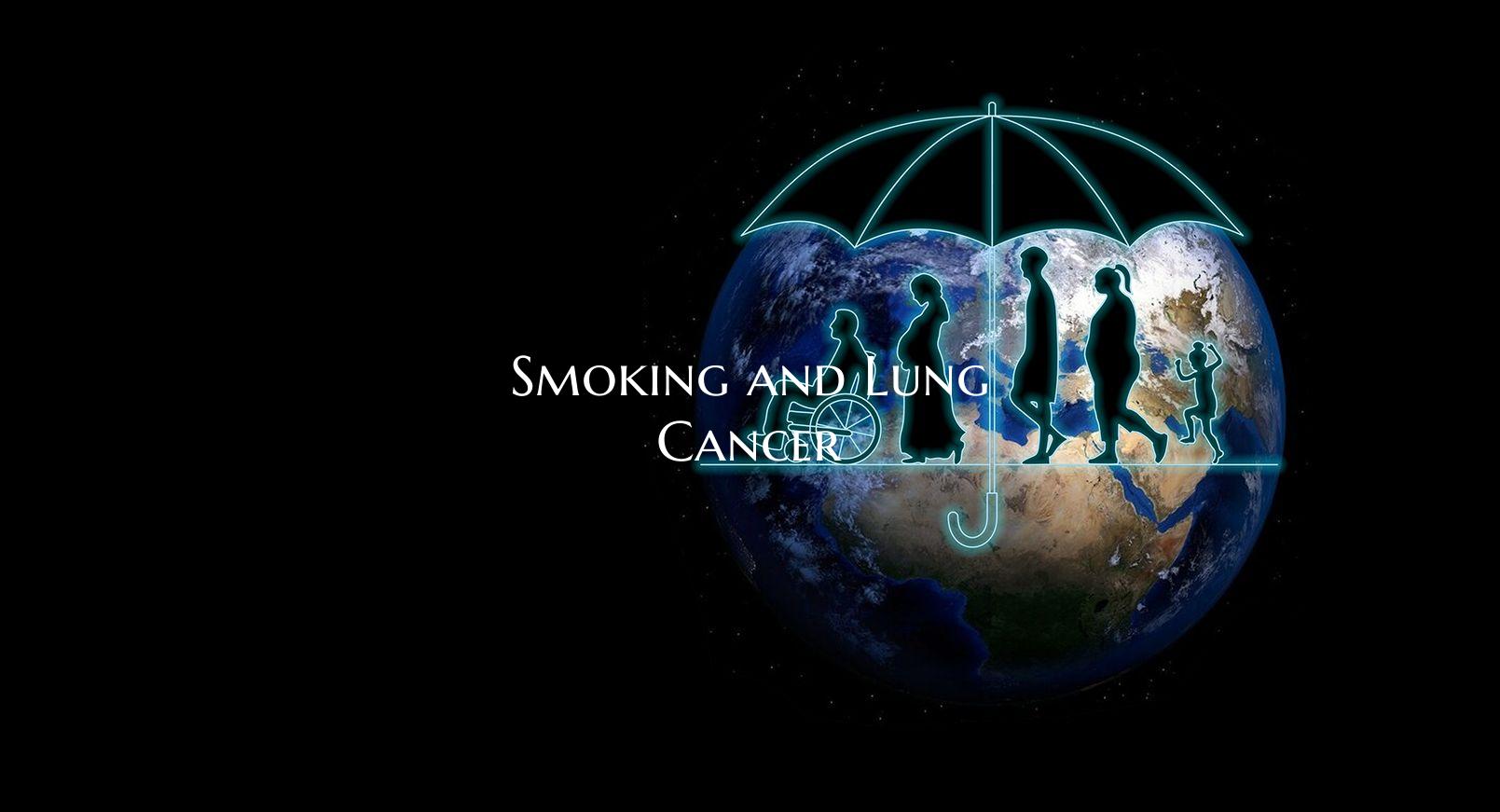
Smoking and Lung Cancer
Smoking and Lung Cancer: The Deadly Connection
Smoking is one of the leading causes of lung cancer, a disease that claims millions of lives each year. Lung cancer is a devastating illness that can be attributed to the harmful chemicals present in cigarettes. Understanding the connection between smoking and lung cancer is crucial in raising awareness to prevent this deadly disease.
Cigarette smoke contains over 7,000 chemicals, many of which are toxic and carcinogenic. When these chemicals are inhaled, they can damage the cells in the lungs, leading to the development of cancerous tumors. The link between smoking and lung cancer is well-established, with studies showing that smokers are at significantly higher risk of developing the disease compared to non-smokers.
It's important to note that not only active smokers are at risk. Secondhand smoke, also known as passive smoking, can also increase the likelihood of developing lung cancer. Non-smokers who are regularly exposed to secondhand smoke are at a higher risk of lung cancer, making it essential to create smoke-free environments to protect everyone from the harmful effects of tobacco.
Quitting smoking is the single most effective way to reduce the risk of lung cancer. Even for long-time smokers, quitting can have immediate and long-term benefits on lung health. It's never too late to quit smoking and lower the risk of developing lung cancer.
In addition to quitting smoking, early detection through lung cancer screening can also play a crucial role in improving outcomes for individuals at high risk. Regular screenings can help detect lung cancer at an earlier, more treatable stage.
Education, awareness, and support are key in the fight against smoking-related lung cancer. By understanding the risks associated with smoking and taking proactive steps to quit, individuals can protect their lung health and reduce the burden of this devastating disease. Remember, it's never too late to make a positive change for your health and well-being.